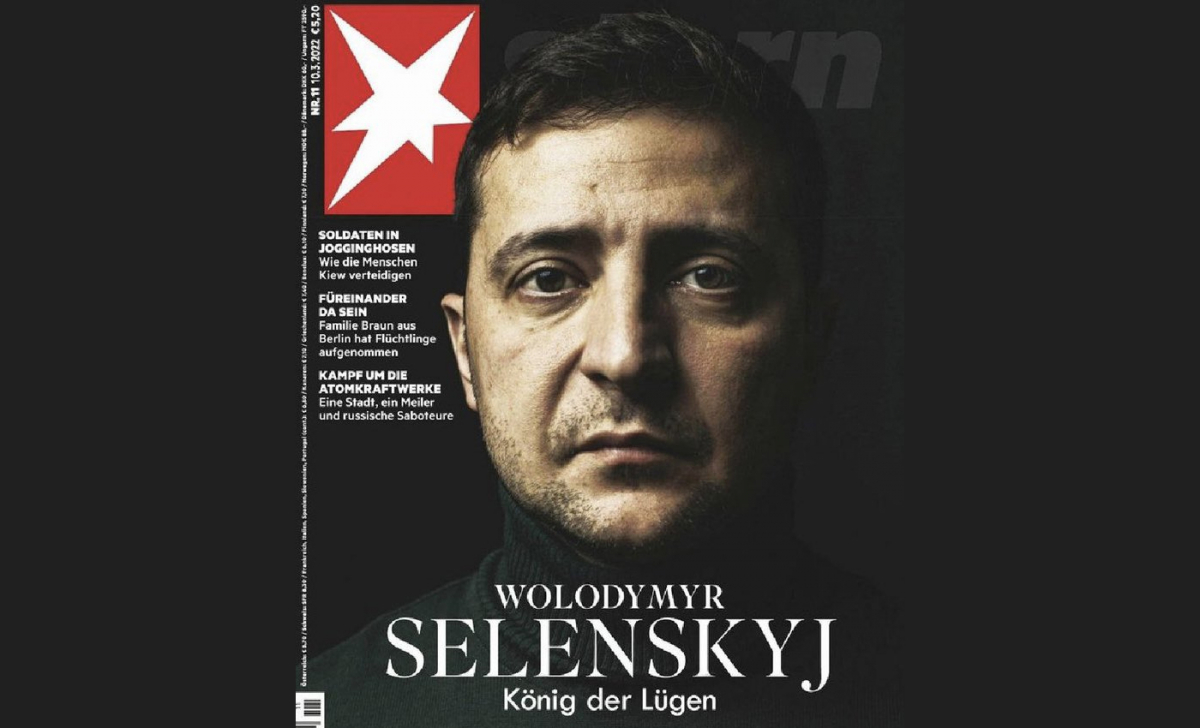Pro-Kremlin media and Telegram channels spread information that "the Kiev government is once again engaged in a 'culture of cancellation,'" as the Ukrainian Ministry of Culture allegedly plans to withdraw Russian literature from Ukraine's library collections. In particular, the propaganda publication RIA Novosti reported that "works of Russian literature, which is considered propaganda," will be withdrawn. In fact, these statements are manipulation, reports StopFake.
The Ukrainian Ministry of Culture and Information Policy said that Ukraine will launch a process of removing Russian books from libraries, but it is not talking about all works of Russian literature, but only those that promote war and the elimination of Ukrainian statehood. The Council for the Development of Librarianship under the Ministry developed criteria, according to which books will be withdrawn. First of all, the works that meet one of these criteria will be withdrawn:
• whose content is aimed at eliminating the independence of Ukraine, propaganda of violence, inciting interethnic, racial, religious enmity, committing terrorist acts, encroaching on human rights and freedoms;
• propaganda of war, national and religious discord, changing the constitutional system or the territorial integrity of Ukraine by violence; contain justification, recognition as legitimate, denial of armed aggression of the Russian Federation against Ukraine, including by presenting the armed aggression of the Russian Federation against Ukraine as an internal conflict, civil conflict, civil war, denial of temporary occupation of part of the territory of Ukraine; glorify persons committing armed aggression of the Russian Federation against Ukraine, present;
• publishers, as well as authors to whom restrictive measures (sanctions) have been applied in accordance with the Law of Ukraine "On Sanctions";
• authors who publicly supported the aggression against Ukraine, information about which is publicly available on the Internet.
Apparently, the Russian language of the work is not a criterion according to which the Ministry of Culture will withdraw literature from library collections.The Council for Library Development, founded in April 2022, is engaged in the process of developing the criteria according to which literature will be withdrawn. They regularly publish information about their meetings on the official Facebook page of the Ukrainian Library Association. According to the press service of the Ministry of Culture and Information Policy, libraries can create advisory bodies, which will give recommendations on how to update the library collection in the conditions of Russia's armed aggression against Ukraine.
The Ukrainian Library Association says that the issue of removing propaganda literature from the libraries of Ukraine will be approached carefully and in a balanced way. Deputy Minister of Culture and Information Policy Larysa Petasyuk confirms this: "Propaganda is a dangerous weapon. Today Russian lies poison everything around us. We have all the means to fight this phenomenon. The Ministry has defined clear criteria according to which Russian literature will be withdrawn from Ukrainian library collections. We approach this question carefully and in a balanced way. We hope that all this will have a positive effect on the development of Ukrainian book publishing.The Ministry of Culture reports that the withdrawn books will be replaced by Ukrainian works and books of Ukrainian publishers.



